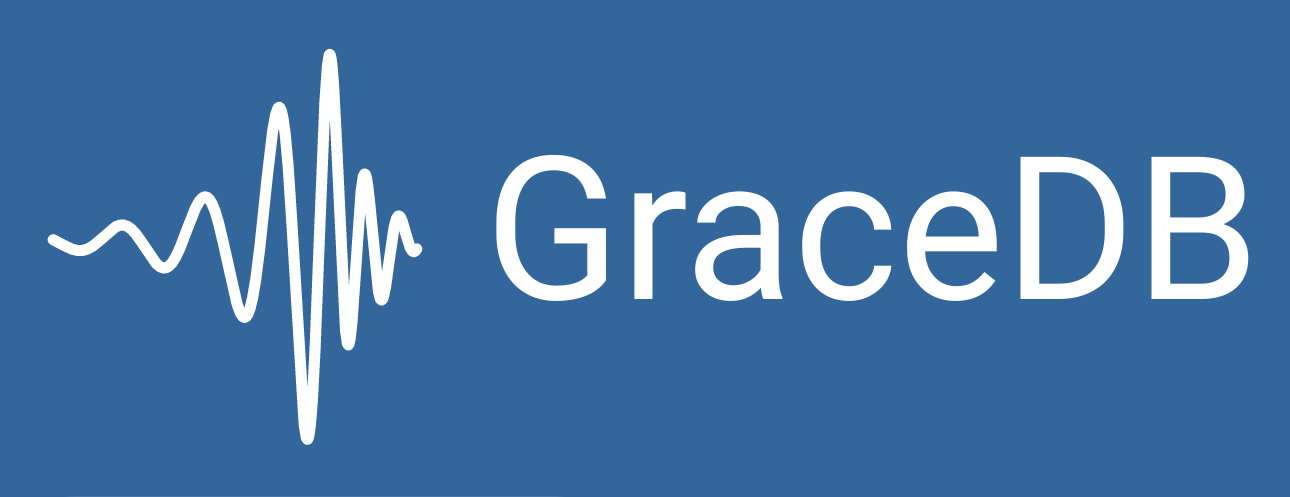
Name: Data Handling and Analysis Infrastructure for Advanced LIGO and Beyond
Source: University of Wisconsin Milwaukee (sub-award for NSF PHY-1104371) (PHY-1104371)
Dates: 10/1/2014 - 8/31/2020
Roles: Chad Hanna (Co-I)
Sponsored Personnel:
Abstract
Gravitational waves and black holes are among the most dramatic predictions of Einstein's General theory of Relativity. The Laser Interferometer Gravitational-wave Observatory (LIGO) is an ambitious NSF-funded project designed to directly detect gravitational waves and to use these waves to explore the universe. LIGO forms part of a world-wide network of gravitational-wave observatories poised to probe black holes, neutron stars, supernovae and the early universe using gravitational waves as a new astronomical tool. The construction of Advanced LIGO (aLIGO) was completed in early 2015 with the first observing run (O1) from 12 September 2015 to 19 January 2016. With the first observation of gravitational waves from a binary black hole merger by LIGO on 14 September 2015, we entered the era of gravitational-wave astronomy. The scientific goals of the LIGO Scientific Collaboration (LSC) rely on a substantial computational infrastructure, which spans astrophysical data analysis, detector and analysis middleware, software sustainability, and computational hardware support. Cyber-infrastructure is as essential to gravitational-wave astronomy as the detectors themselves. This award to sustain and enhance aLIGO's cyber-infrastructure will enable the transformational new science that future gravitational-wave observations will bring. The LIGO Data Grid (LDG) is a distributed computational facility that hosts the middleware and support personnel needed to turn a collection of computer clusters into a powerful data analysis engine for gravitational wave science. This award provides funding for the skilled personnel who will continue to support and maintain the LDG and deliver the substantial improvements in services, scalability and reliability needed to sustain the scientific return from aLIGO. The primary goals of this project are: to allow the LSC to complete the analysis of early aLIGO observations, to deliver the software infrastructure and services to support gravitational-wave astronomy with aLIGO and its international partners, to provide the cyber-infrastructure needed to bring gravitational-wave astronomy together with the broader astronomical community, and to prototype tools for open access to LIGO data for the scientific community and the public. This research program will train students and postdocs to be experts in next-generation cyber-infrastructure, push the boundaries of LIGO's geographically distributed, locally-available computational data grid, and sustain the operation of this cyber-infrastructure to support LIGO's science mission. Proposed collaborations with external partners (including Internet2, Globus, Condor and Pegasus) will have significant impact outside the LSC.